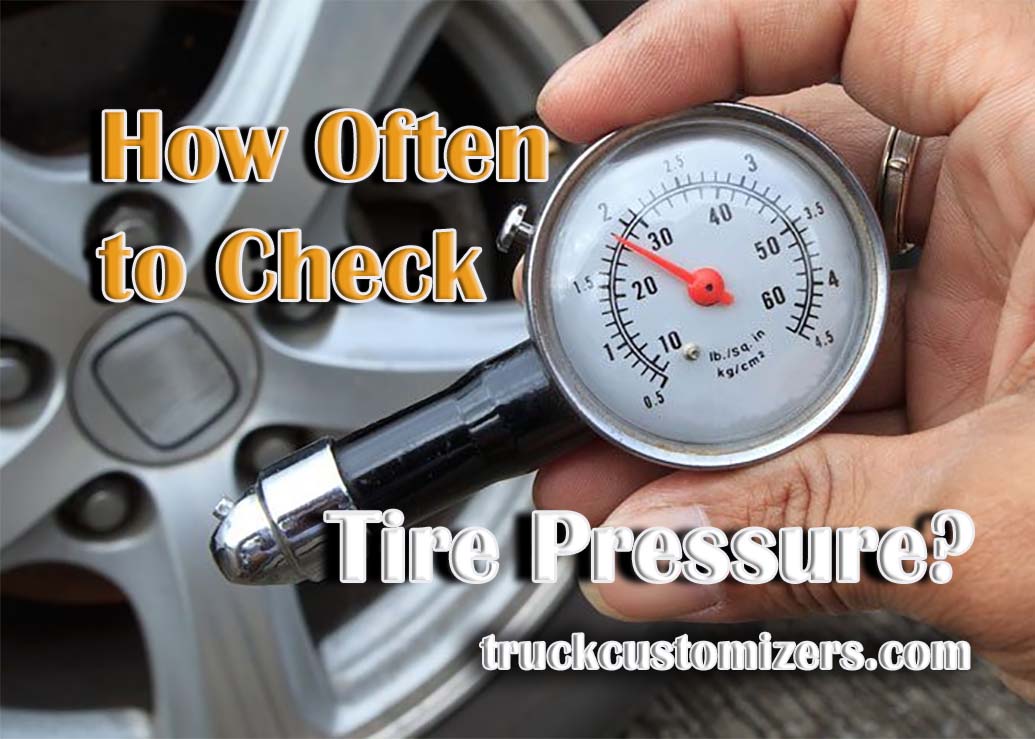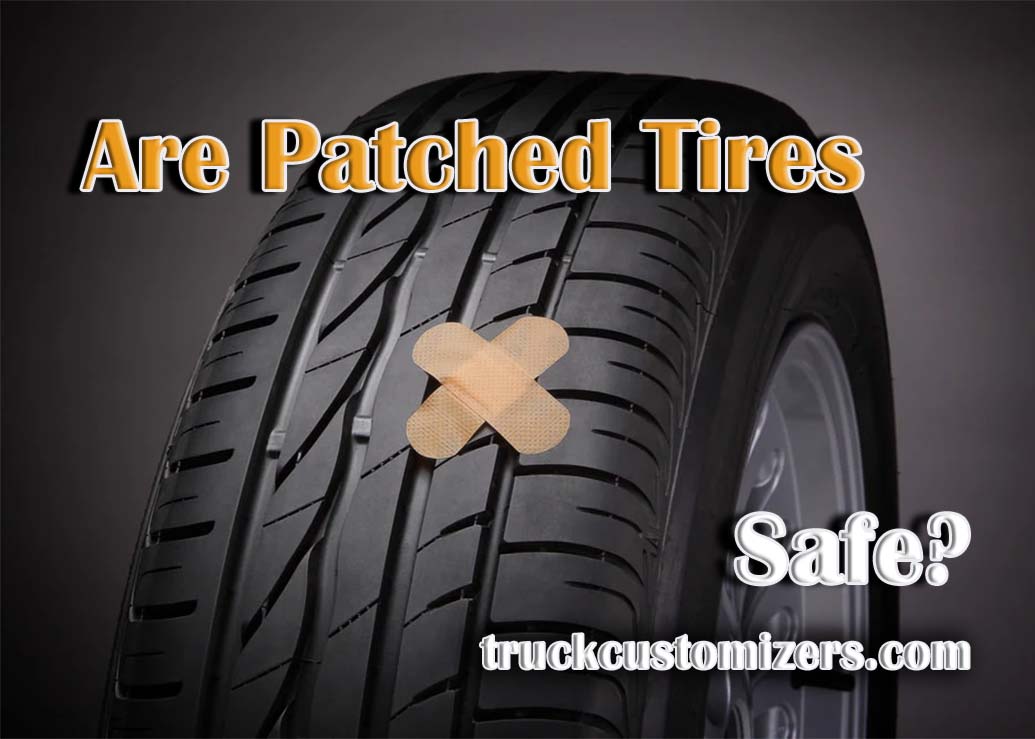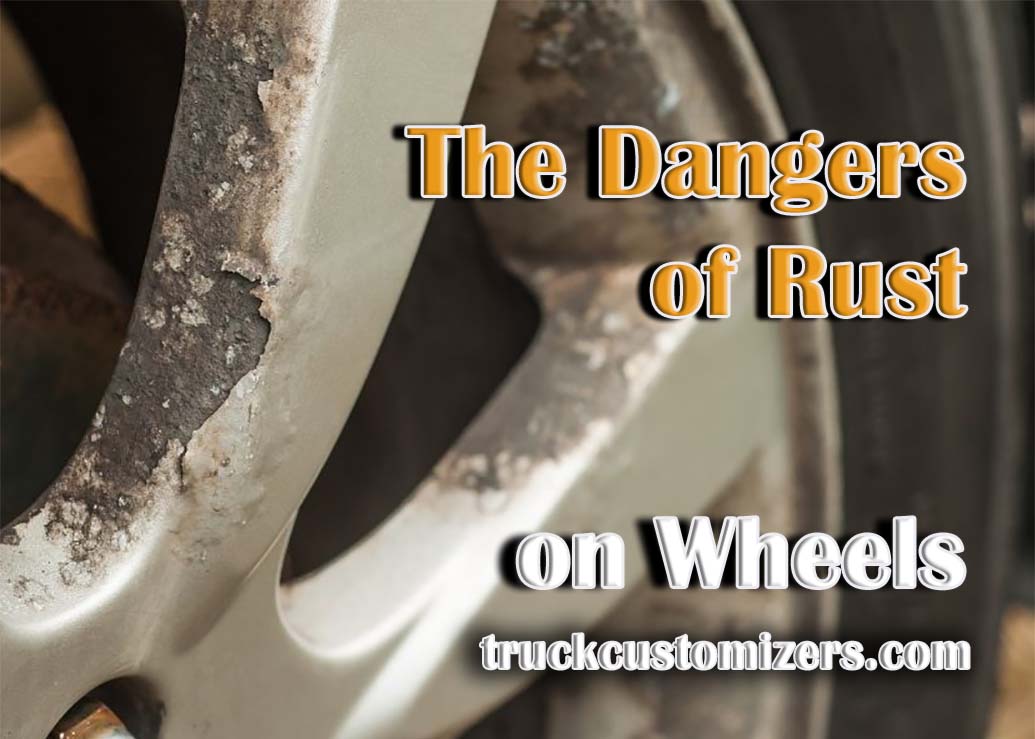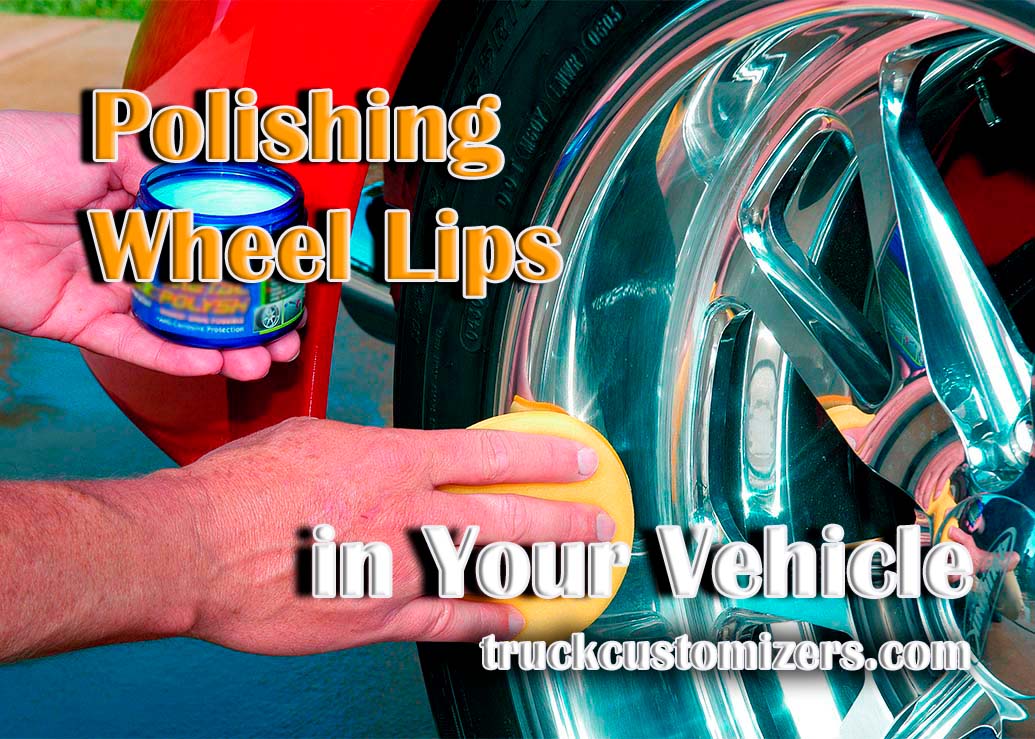When it comes to the safety and performance of your car, there’s no denying that tire pressure plays an important role. But how often should you check your tire pressure and what happens if you don’t? That’s what this article is all about. Read on to learn more about maintaining the right tire pressure for a smooth ride.
How Often Should You Check Your Tire Pressure?
When it comes to checking your tire pressure, experts recommend doing so at least once a month or before each long drive. This is especially important if you live in an area with extreme temperatures that can cause drastic changes in air pressure. Additionally, during colder months, you may need to check your tires more frequently as air contracts and causes the tires to deflate faster than usual. Similarly, during hot summer months, air expands and causes tires to inflate faster than normal, so it’s important to monitor them closely during these months as well.
What Happens When You Don’t Check Tire Pressure?
If you don’t monitor your tire pressure regularly, not only will it negatively affect how your car runs and handles but it can also be dangerous for you and other drivers on the road. Underinflated tires can cause poor handling, increased risk of blowouts, uneven wear and tear on the treads and even reduced fuel efficiency. On the flip side, overinflated tires increase the risk of a blowout due to excessive stress on the tire walls as well as cause uneven wear and tear.
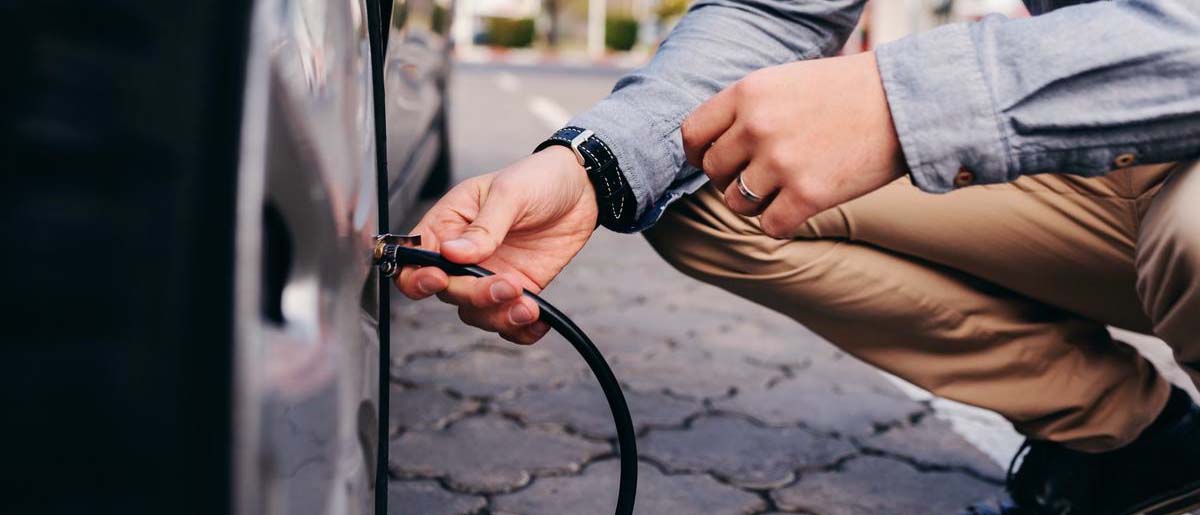
Tips for Maintaining the Right Tire Pressure
To ensure that your tires are always at their optimal level, here are a few tips:
-
Invest in a tire pressure gauge – A tire pressure gauge is one of the most important tools you’ll ever buy for your car. It helps you accurately measure air pressure and can alert you when it’s time to top up or let out some air.
-
Check your tire pressure when they’re cold – This means checking them before you go out for a drive as heat from driving builds up and causes inaccurate readings.
-
Get regular wheel alignments – Regular wheel alignments help keep your car running smoothly and efficiently while lengthening its life span by reducing uneven wear and tear on your tires.
-
Replace worn-out tires – If your tire treads are worn down to 1/16 of an inch, it’s time for some new tires.
Conclusion
Keeping your tires properly inflated is essential to the overall performance and safety of your car, so be sure to check them regularly. By following the tips above and investing in a tire pressure gauge, you can maintain the right tire pressure for a smooth ride every time.
